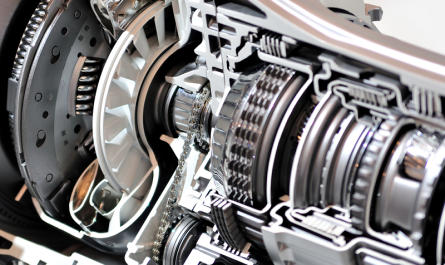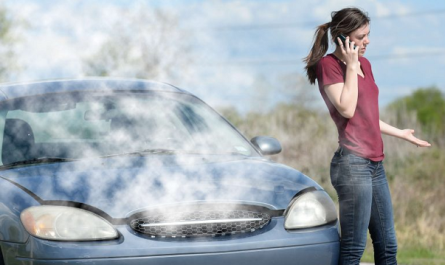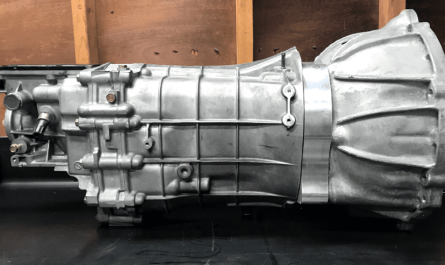You anticipate a smooth start to your journey the moment you turn on the ignition key or push the start button. However, if your car taking longer to start or hesitates, especially after sitting for a while, it can be more than a small inconvenience. This problem could be an indication of more serious ones that require expensive repairs to fix if left unchecked.
Your car may be experiencing a delayed starter due to multiple circumstances. A car that won’t start could have a dead battery. However, problems with the fuel system, battery, or other parts may be the cause if the engine cranks but is difficult to start or takes longer than usual.
It’s important to know why your car might be starting slowly and how to fix these problems if you want to maintain it in good working order and save big repair costs.
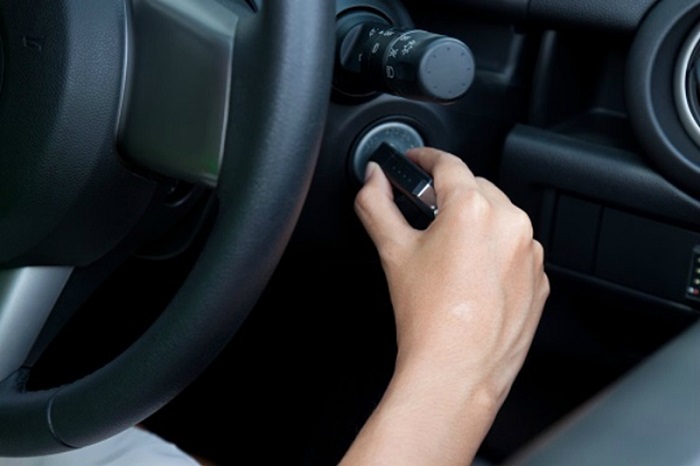
Read more: 2024 Hyundai Santa Fe: Comprehensive Review of All Features
Causes of Car Taking Longer to Start
The engine starts when the electric motors are energized by the battery when you turn the key or push the start button. To power the car, the engine then pulls in a mixture of fuel and air. Still, a slow start could be caused by problems with the battery, engine, or fuel system.
When it comes to communicating with the engine, the ignition switch is essential. To stop additional damage, any issues with the ignition switch or other engine parts need to be fixed right away. Here is a thorough examination of the possible problems causing the delay in starting your car if you are unsure of the reason.
Out of Fuel or Bad Fuel Quality:
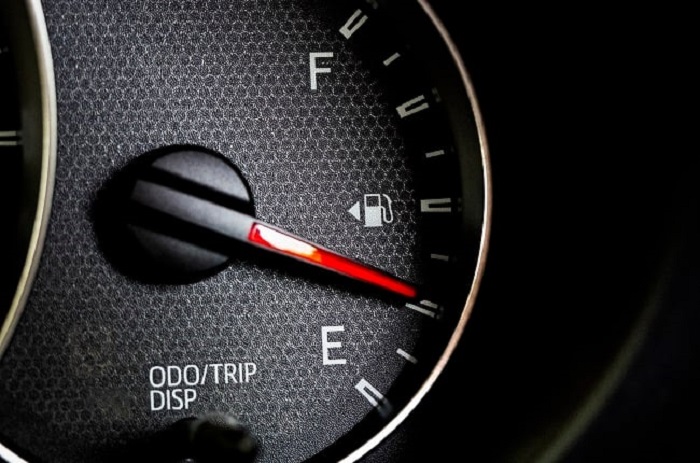
It goes without saying that the engine of your car won’t start if the fuel tank is empty. Although it may seem apparent, there are situations when a malfunctioning or misread gasoline gauge might result in an empty tank without the user’s knowledge. If your car is having trouble starting, always check the gasoline level and top it off as needed.
Starting issues can arise from using polluted or low-quality fuel. Fuel impurities have the potential to obstruct the fuel system and compromise engine performance. For example, excessive ethanol or water concentration in fuel might cause poor combustion and starting issues. Maintaining a full tank and utilizing premium fuel on a regular basis can help avoid these problems.
Failed Starter Motor:
The ability of your car to start can be significantly impacted by a malfunctioning starting motor. The starting motor may be the problem if your automobile doesn’t start when you turn the key or press the start button, or if you hear a grinding or clicking sound. This part is in charge of starting the engine and starting the ignition system. When it breaks down, wear and tear, electrical faults, or mechanical problems are usually to blame. It’s crucial to get the starter motor professionally inspected if you think it might be the problem. They can assess whether it requires maintenance or replacement and look for other faults, like wiring or starter relay malfunctions. Dealing with a faulty starter motor as soon as possible might help avoid more issues and ensure your vehicle starts smoothly.
Read more: Fuel Pressure Regulator | Working, Symptoms, Solutions
Weak Battery:
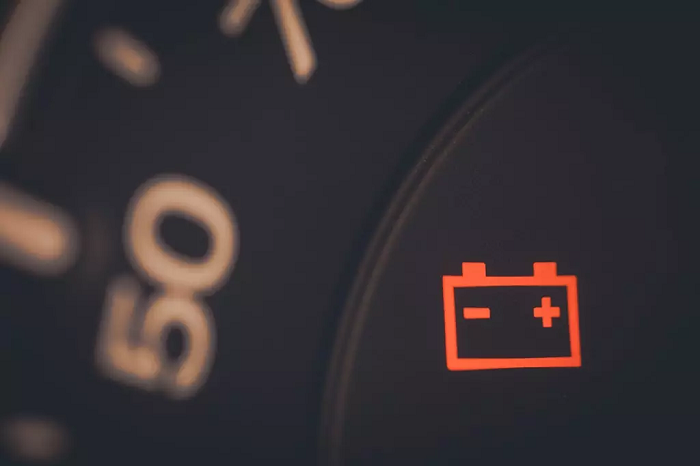
Starting your car might be greatly impacted by a weak battery. The battery may be the issue if your automobile has trouble starting, particularly in cold weather, or if you observe dimming headlights or sluggish electrical systems. The starter motor cannot receive enough power from a weak or failing battery, which might result in prolonged cranking periods or a total failure to start. Over time, batteries inevitably deteriorate due to several circumstances such as exposure to high temperatures, aging, or inadequate charging. It is advisable to have your battery examined if you think it may be the problem. It is possible to restore dependable starting performance and avoid unplanned breakdowns by replacing an outdated or weak battery with a new one.
Fuel Pump Problems:
Problems with the fuel pump can seriously affect how well your automobile starts and operates. When the fuel pump malfunctions, your car may have problems starting, sputtering, or a noticeable loss of power. The fuel pump is essential for transferring fuel from the tank to the engine. The fuel tank may also make strange whining noises. Wear and tear, clogged fuel filters, or debris in the fuel system are common reasons of fuel pump issues. It’s crucial to get the fuel pump evaluated by an expert if you think there may be a problem with it. They can identify the problem and advise you on whether to replace or repair it. Maintaining your vehicle on a regular basis can help avoid fuel pump problems and guarantee smooth vehicle operation.
Clogged Fuel Filters:
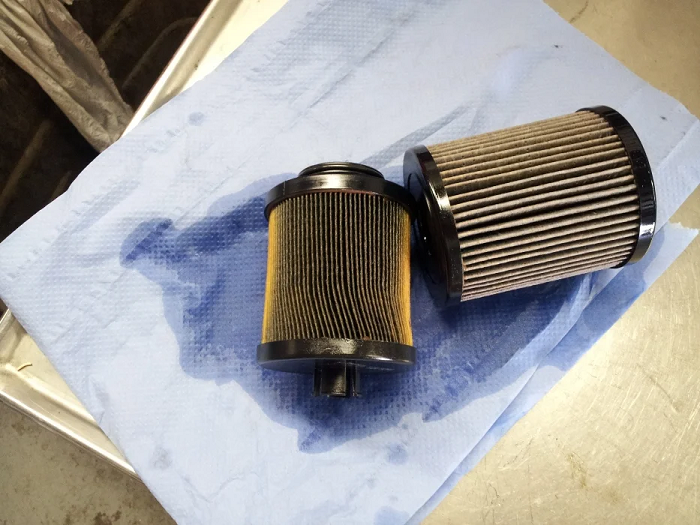
Fuel filter blockages can affect how well your car starts and runs in general. In order to guarantee that only clean fuel is utilized for combustion, the fuel filter’s job is to remove impurities from the fuel before it enters the engine. The filter may clog with dirt, debris, and rust particles over time.
Clogged fuel filters limit the amount of fuel that can reach the engine, which can cause hard starts, sputtering, or stalling when driving. The engine might not start at all in extreme circumstances. A clogged gasoline filter can cause problems with acceleration, low fuel efficiency, or frequent engine misfires.
It is imperative that you have a clogged gasoline filter updated on a regular basis as part of your car’s maintenance regimen. A specialist can check the filter and replace it if needed if you have starting problems or observe any of the symptoms above, ensuring that your engine gets a consistent, clean fuel supply.
Bad Engine Sensor:
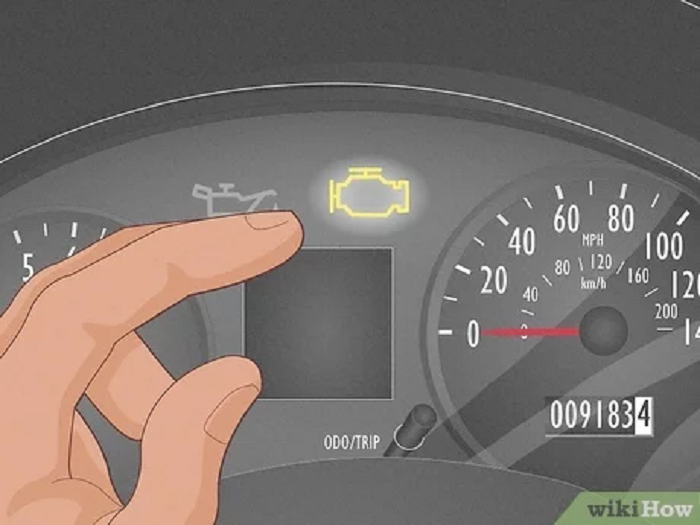
Many starting and performance problems might be caused by a malfunctioning engine sensor. Engine sensors are essential parts that keep an eye on things and send important data to the car’s computer, which helps control how the engine runs. The oxygen sensor, crankshaft position sensor, and mass airflow sensor are examples of common sensors.
An engine sensor failure can interrupt data flow, leading to inefficient engine operation or engine failure to start. Poor acceleration, stalling, rough idling, and decreased fuel efficiency are all possible signs of a malfunctioning sensor. Additionally, the engine can behave strangely or set off the check engine light.
A malfunctioning engine sensor typically needs to be diagnosed and fixed by a specialist. A mechanic can identify which sensor is broken and replace it if necessary by using diagnostic equipment. You can keep sensor-related problems at bay and guarantee smooth operation of your engine with routine maintenance and prompt repairs.
Bad Spark Plugs:
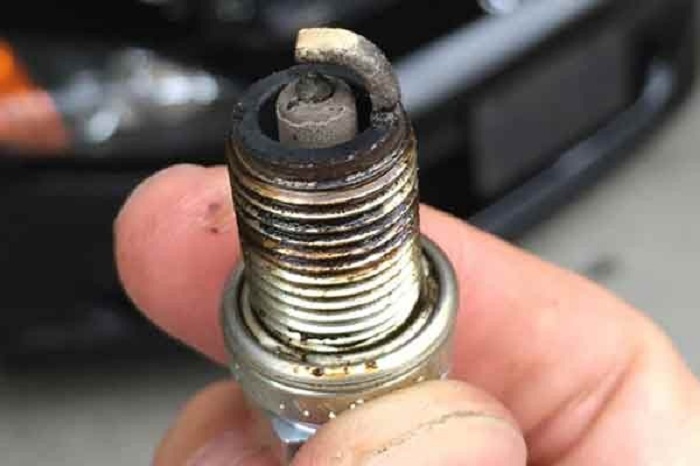
The starting power and general engine performance of your car might be significantly impacted by bad spark plugs. In order to ignite the air-fuel combination in the engine’s combustion chambers, spark plugs are necessary. They might not provide a strong enough spark to start the engine or operate in adverse conditions if they are worn out or malfunctioning.
Rough idling, misfires, a discernible loss of power, and low fuel efficiency are signs of faulty spark plugs. It’s also possible that the dashboard’s check engine light will illuminate or that you will have trouble starting the car.
It is possible to restore proper engine function with a reasonably easy and affordable remedy by replacing old or damaged spark plugs. As part of your car’s routine maintenance, you should check and replace your spark plugs on a regular basis to guarantee smooth starting and maximum engine performance.
Causes of Car Taking Longer to Start in Hot Weather
Your automobile may take longer to start in hot weather for a variety of reasons that are influenced by the higher temperature. What can go wrong is as follows:
Heat-Induced Battery Issues: Elevated temperatures have the potential to cause the electrolyte in batteries to evaporate, resulting in decreased power and possible issues with starting. Heat can also hasten battery deterioration over time, reducing battery efficiency.
Fuel Vaporization: Vapor lock can occur from fuel evaporation in the fuel lines due to hot weather. This problem makes it impossible for the fuel pump to provide the engine with liquid fuel, which causes the engine to stall or hard start.
Overheated Engine Components: The efficiency of parts like the ignition system and starter motor might be impacted by heat soak. Additionally, heat can thin out engine oil, which reduces lubrication and makes starting the engine more difficult.
Worn Out Parts: Severe heat can aggravate engine and electrical system wear and tear, including spark plugs and fuel injectors, resulting in prolonged cranking times or trouble starting.
Causes of Car Taking Longer to Start in Cold Weather
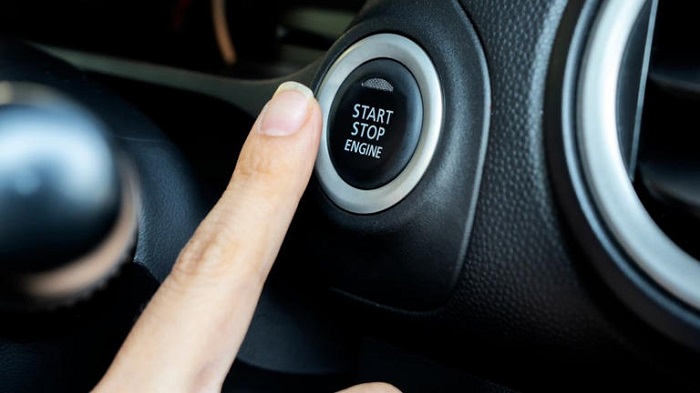
The starting performance of your car can be greatly impacted by cold weather for a number of reasons that are influenced by low temperatures:
Battery Performance: The battery’s capacity to produce electricity may be diminished by low temperatures, which will make starting the engine more difficult. Because of the heavier engine oil and slower chemical reactions from the battery, turning the engine over requires more effort.
Thickened Engine Oil: Engine oil may thicken and become more viscous in colder temperatures, making the engine more difficult to start. The starter motor has a tougher time cranking the engine because of this additional resistance.
Fuel Issues: Fuel can gel or thicken in cold weather, especially in diesel engines. This may hinder the gasoline supply to the engine, making starting more challenging. Further complicating the starting process is the possibility of water contamination due to condensation in the fuel lines.
Frozen or Stiff Components: Low temperatures can cause parts like the fuel pump, ignition system, and other engine parts to stiffen or freeze, which reduces their functionality and makes them more difficult to operate.
Air-Fuel Mixture: The air-fuel combination may get very rich in cold conditions, which will make it more difficult for the engine to ignite correctly. Longer cranking periods before the engine starts may result from this.
